How Pipe Diameter and Length Influence Pump Requirements
Amelia Votta2025-11-14T03:07:57-05:00In the realm of fluid dynamics and engineering, the interplay between pipe diameter and length has a profound impact on the efficiency and performance of pumping systems. Engineers face the challenge of navigating an intricate network of variables to fine-tune pump specifications for a specific application. While the significance of pumps in fluid transportation is widely acknowledged, the frequently overlooked contributors in this narrative are the pipes that guide and constrain the flow. The diameter and length of these pipes play a pivotal role in determining the overall efficiency and energy consumption of a pumping system. The dynamic relationship between the [...]


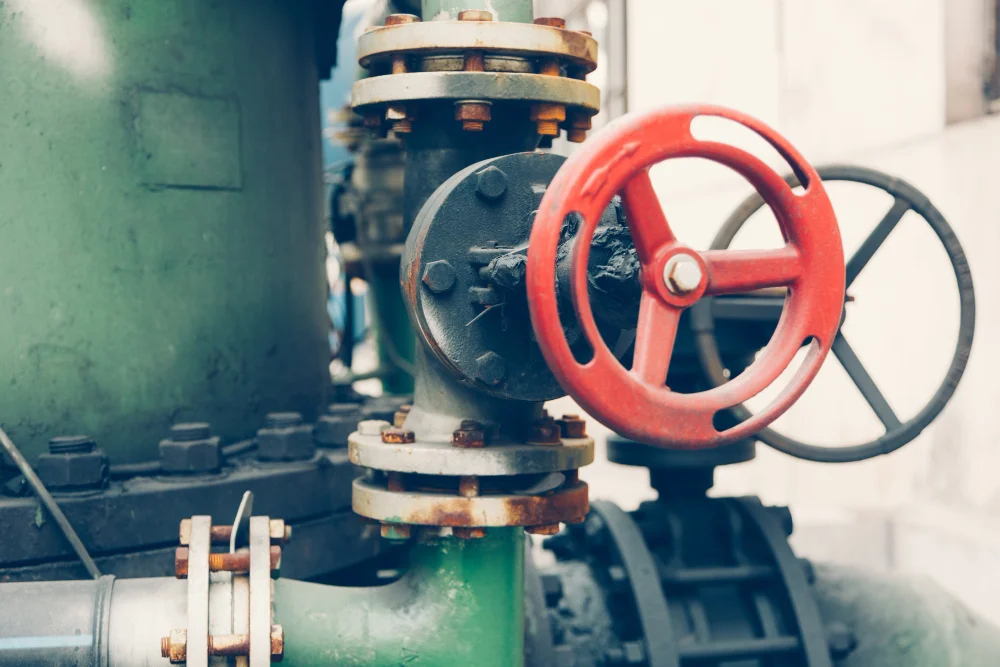
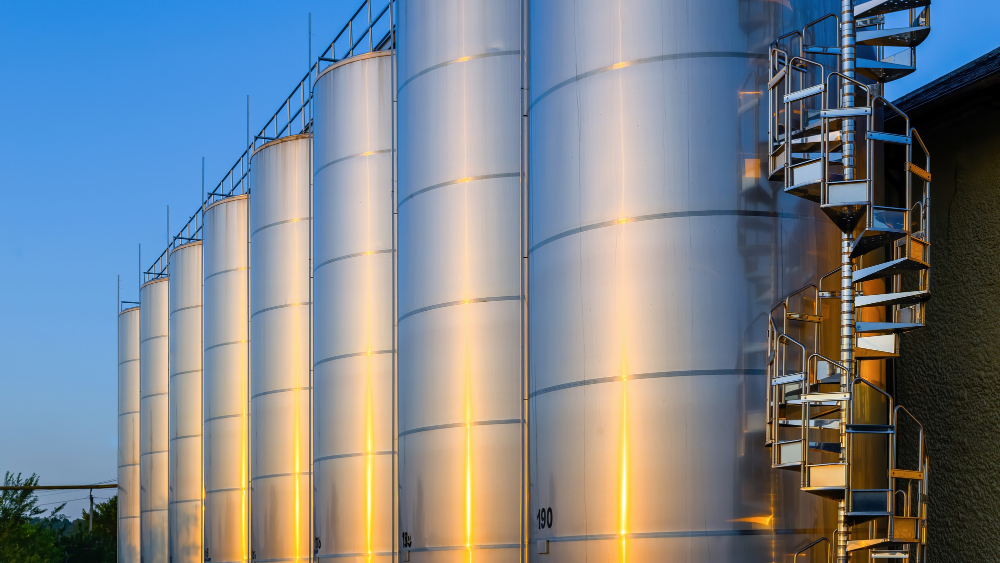
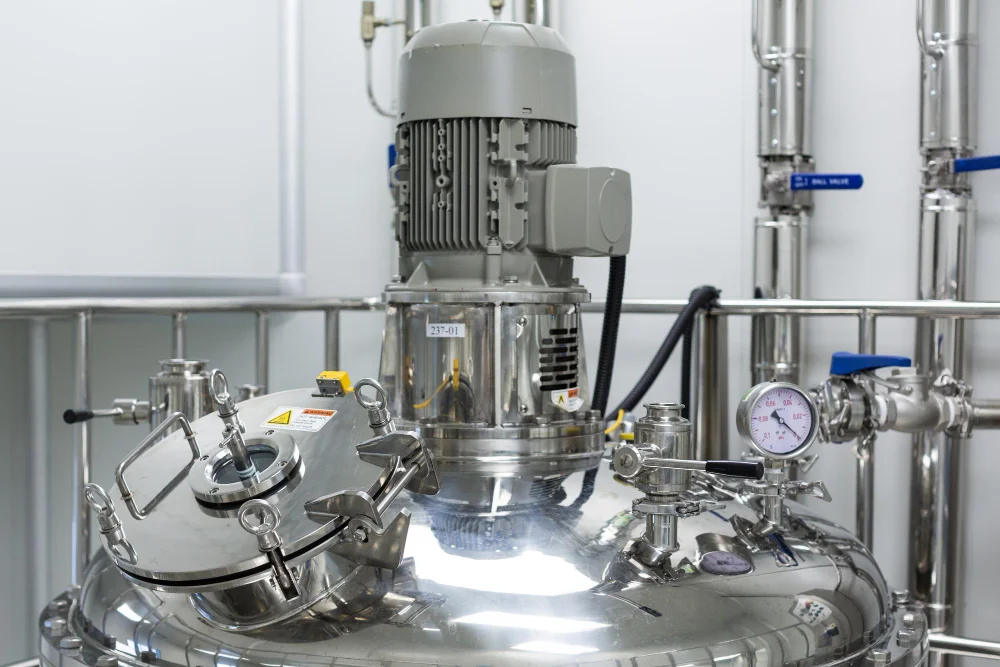
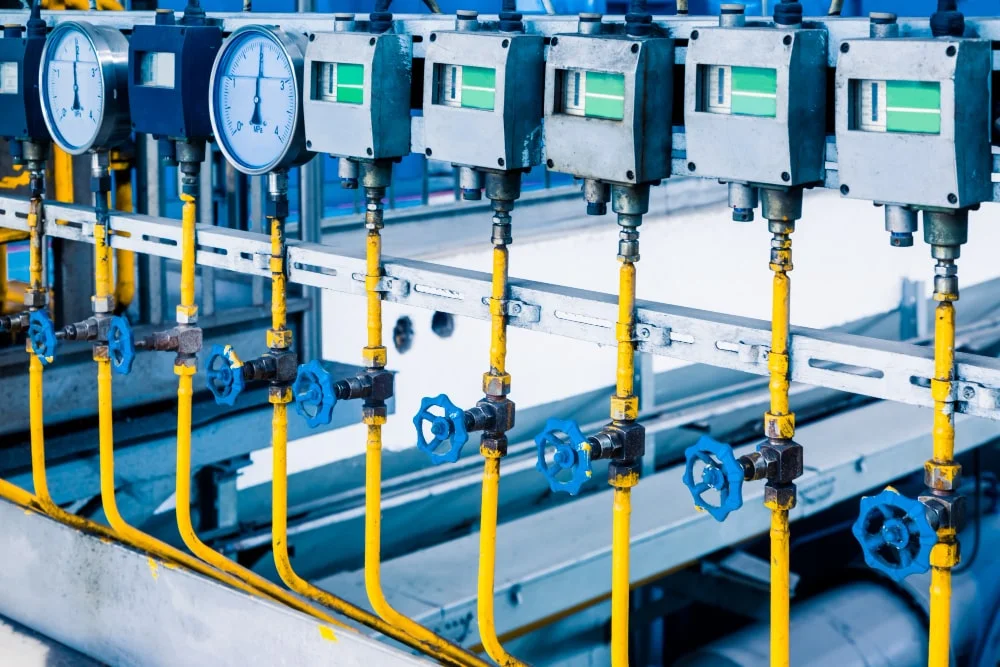
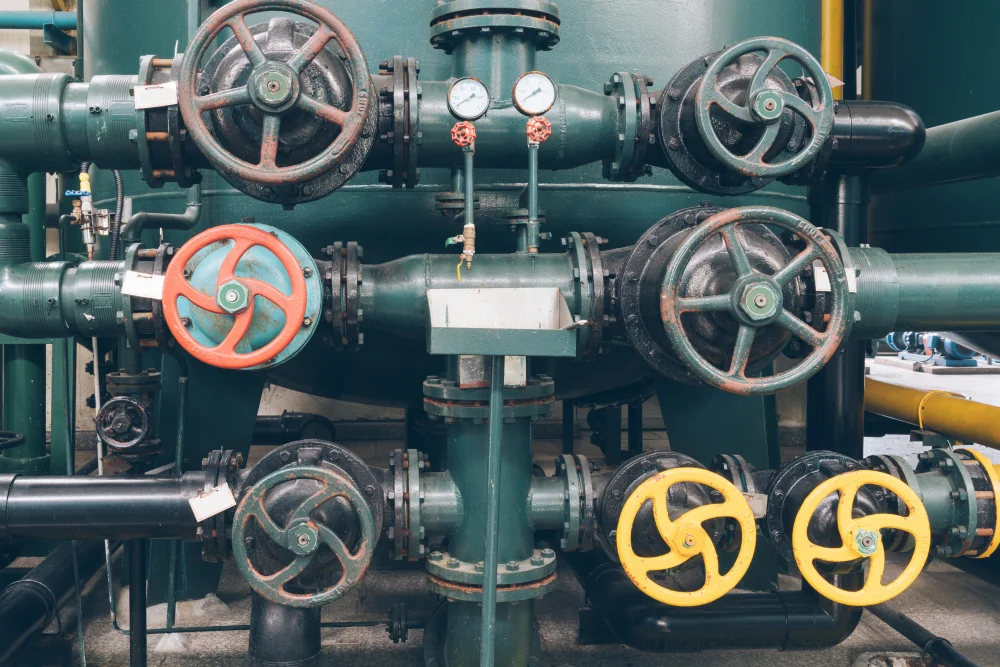
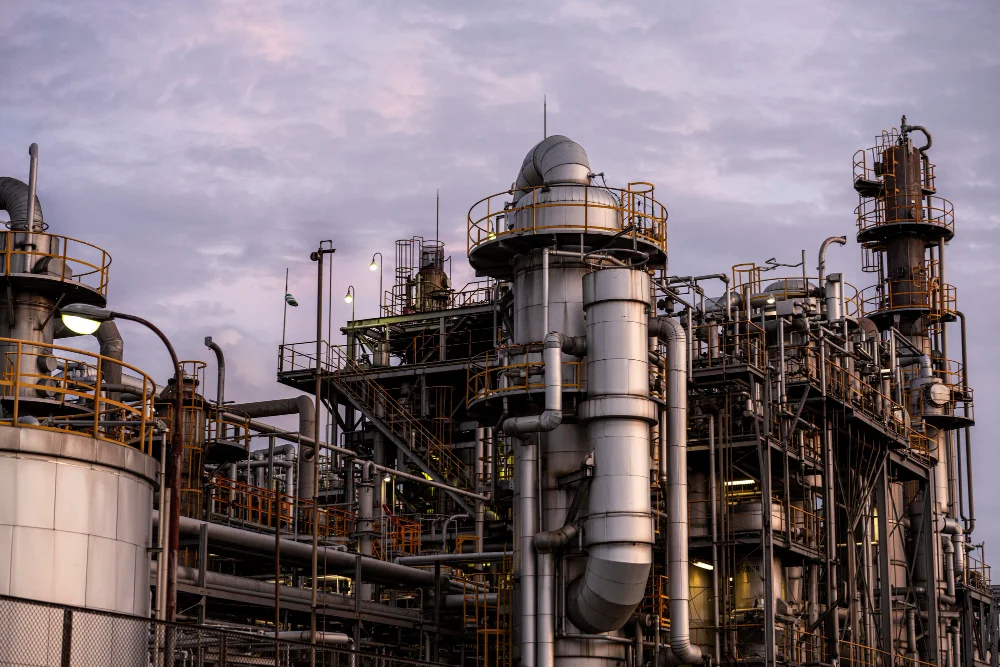
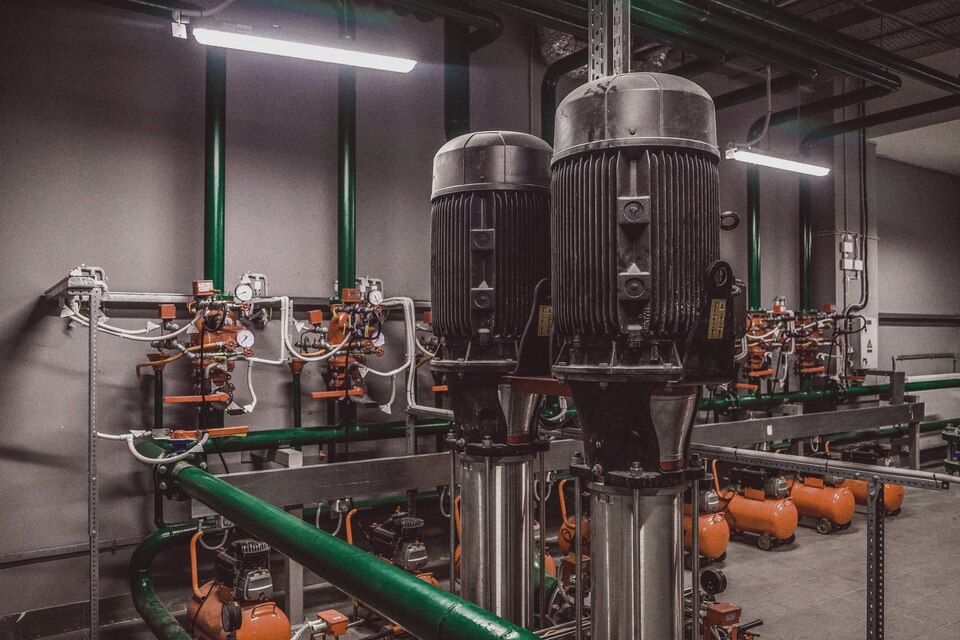
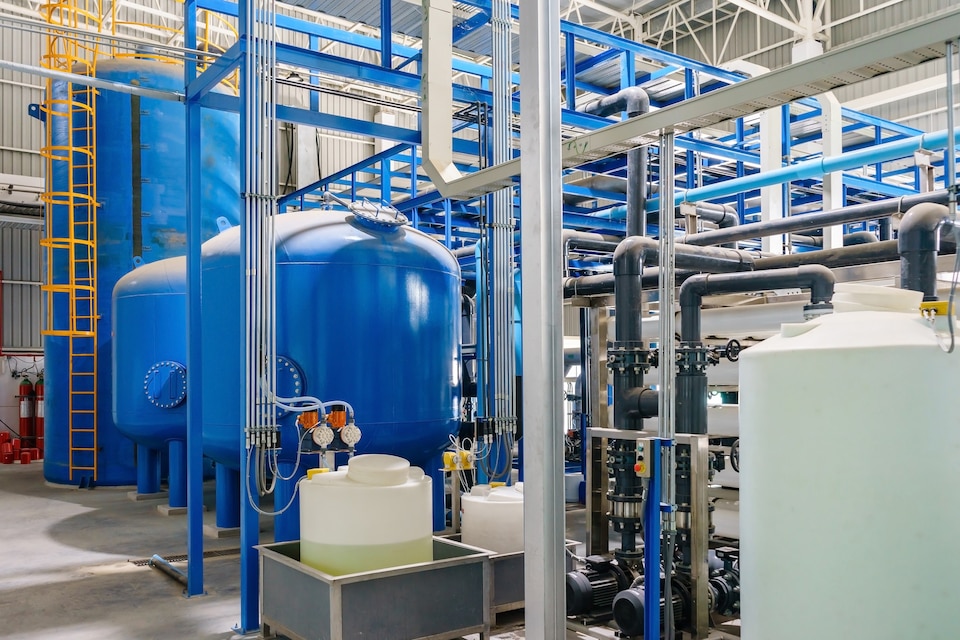
Videos